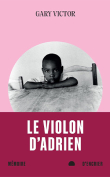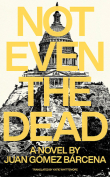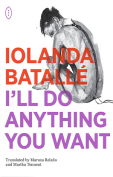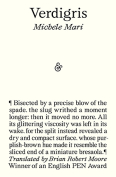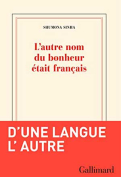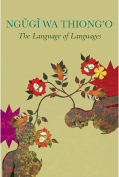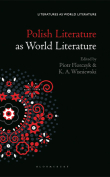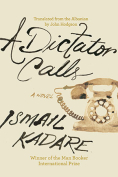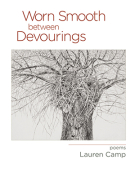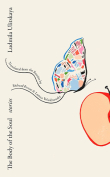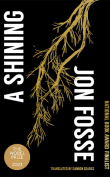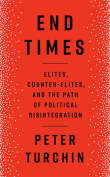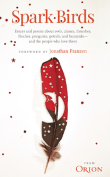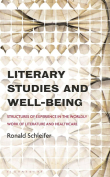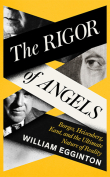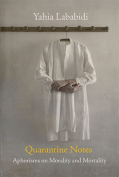Le violon d’Adrien by Gary Victor
 Montréal. Mémoire d’encrier. 2023. 192 pages.
Montréal. Mémoire d’encrier. 2023. 192 pages.
Adrien Chanson will stop at nothing to obtain a violin, the instrument that has enchanted him since the moment he saw Monsieur Benjamin, the acclaimed violinist, in concert. To satisfy Adrien’s desire to learn to play the violin, his mother signs him up for a class Monsieur Benjamin is offering through a local church, and so begins his obsession with the stringed instrument.
Despite the jealousy of his classmates, Adrien excels in his lessons, quickly rising to the top of his class and making a name for himself in the neighborhood. And this is where the difficulties begin, because Adrien is growing up in Port-au-Prince in an era when it is best to remain anonymous, to go unnoticed. The tendrils of François “Papa Doc” Duvalier’s dictatorship (1957–71) are so far-reaching that nobody is safe, not even a child. When Adrien learns that he will need to purchase a violin to continue his lessons, Victor’s earnest and naïve protagonist must face danger in search of his dreams.
Gary Victor is accustomed to writing novels set during tumultuous moments in Haitian history. Like his serialized novels set during the fractured presidencies of Jean-Bertrand Aristide (1990–91; 1994–96; 2001–2004)—La Piste des sortilèges (2002) and Le revenant: La vengeance du revenant (2007)—Victor couches his narrative in a moment of political upheaval, the early 1970s, when Papa Doc’s regime ends and that of his son, Jean-Claude “Baby Doc” Duvalier (1971–86), begins. It is a period of violent reprisals, where the state manipulates citizens into lashing out at one another. Abductions, arrests, and disappearances form the coercive fabric of everyday life, making whimsical pursuits like the violin or games of chance crucial outlets for mental escape. These outlets often come at a personal or spiritual risk, just as those who play the lottery may incur debt, those who seek to import an expensive violin may have to rub elbows with an unsavory sort.
What sets Le violon d’Adrien aside from many of Victor’s previous works is that he sets genre and pulp fiction aside to tell a tender story about childhood dreams and longing. Adrien long admires his mother’s commitment to the Haitian national lottery, the bòlèt, as a source of entertainment, always betting in moderation. Every week she consults a tyala, a book of numerology, to select and play the numbers that correspond to her dreams. When Adrien starts working at Nino’s bar to save up money for his own violin, he tries his hand at the numbers as well, searching through his mother’s book for the digits that best translate to the object of his desires: a violin. When his attempts at the lottery fail, Adrien looks to other, more risky ventures to secure his instrument, and by doing so he encounters a host of macabre characters straight out of a living nightmare.
As in all games of chance, some are won, and some are lost. Many people try to discourage and reroute Adrien in pursuit of his dream, telling him that “when you’re poor like we are, you don’t take violin or piano lessons.” What never escapes from view, however, is the love that Adrien’s parents have for him, and how much they all long for a world in which a child’s most lofty dreams may come true.
Nathan H. Dize
Washington University in St. Louis


